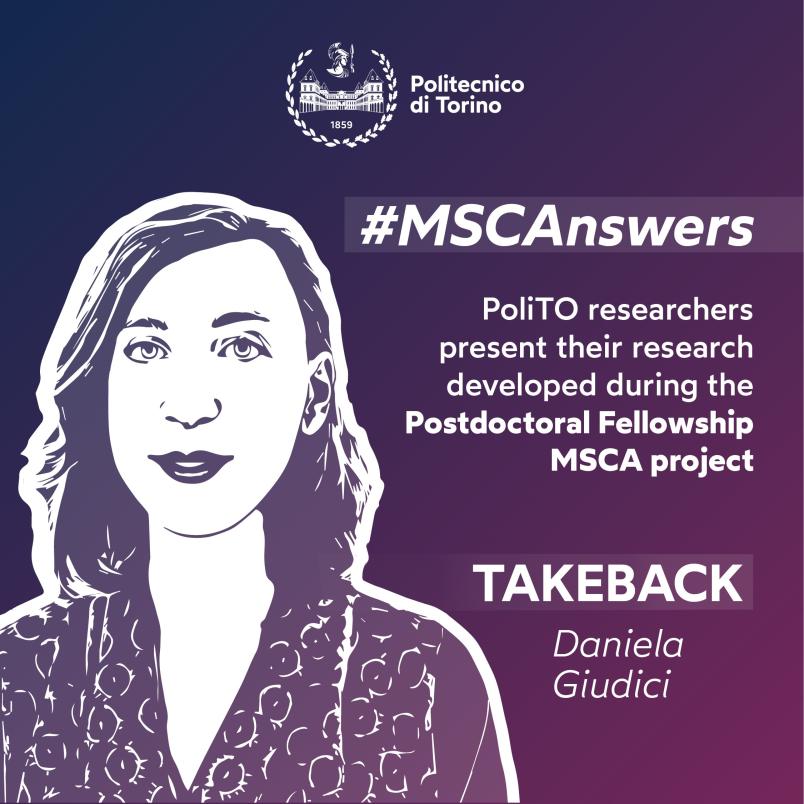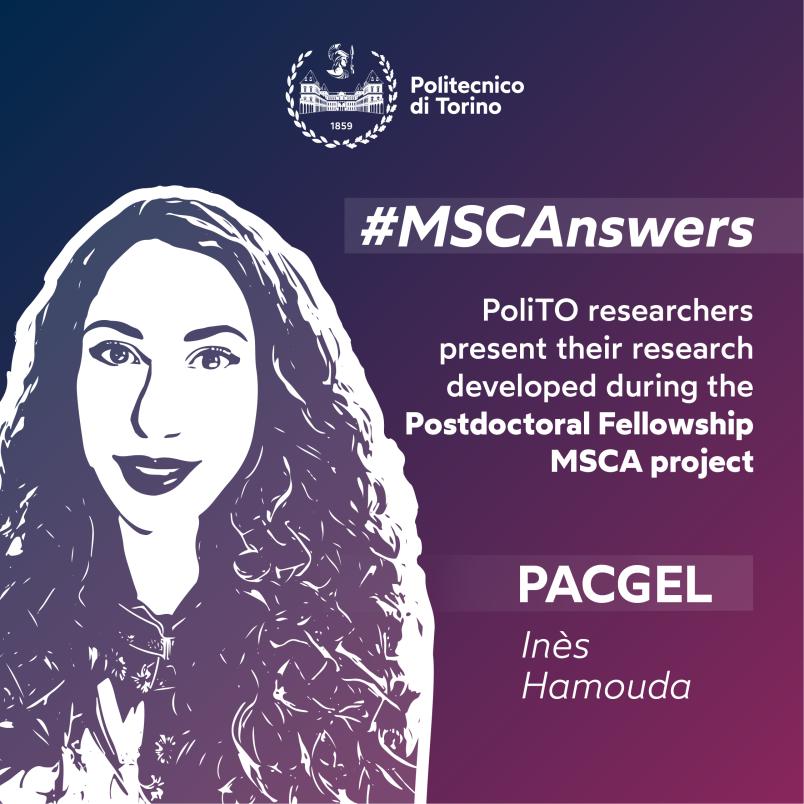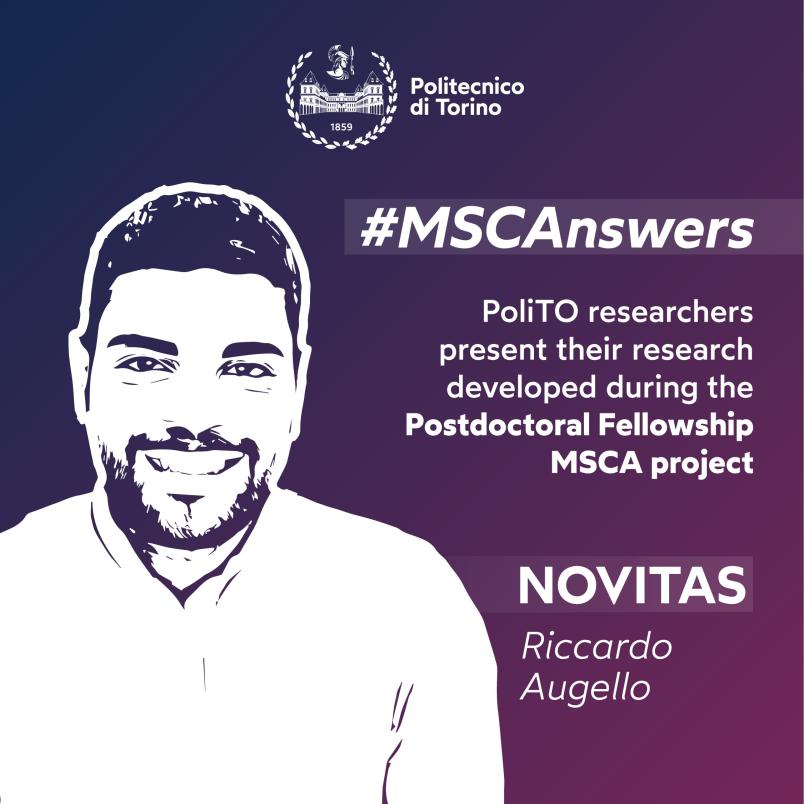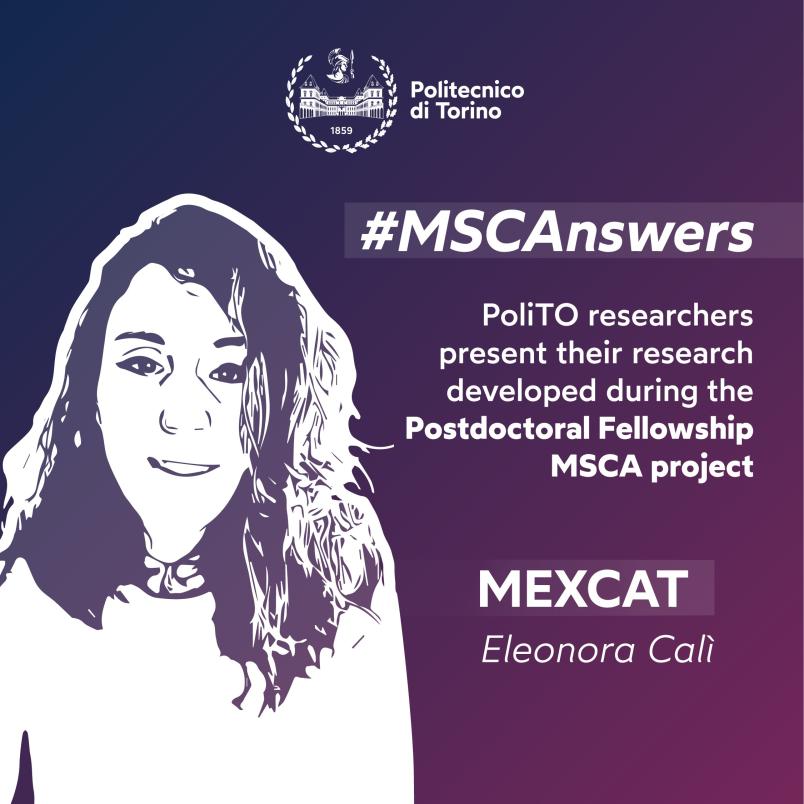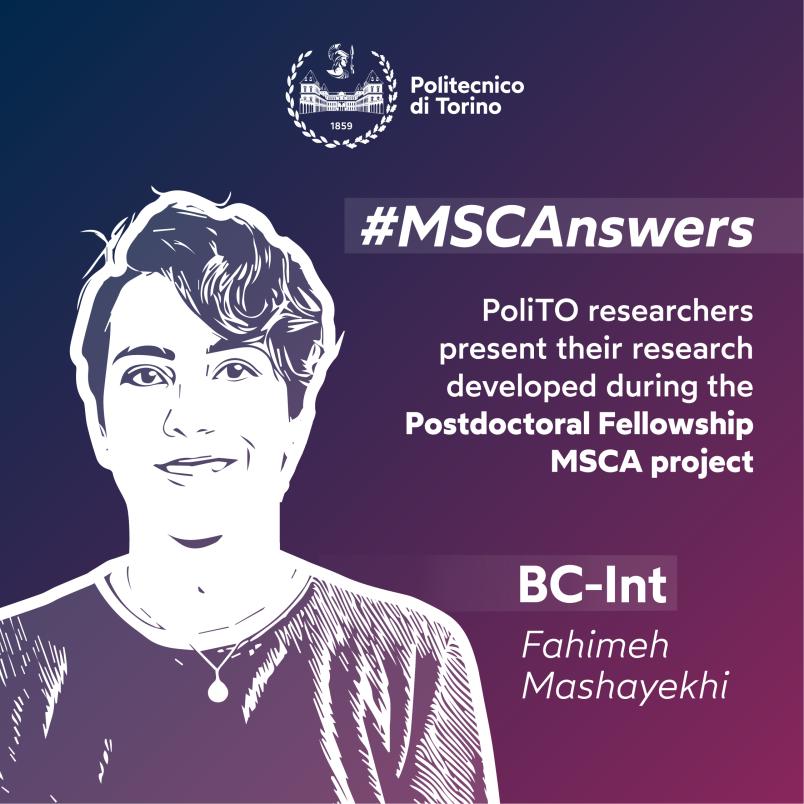
The Marie Skłodowska-Curie Actions (MSCA) are the European Union's main flagship program for doctoral and postdoctoral training; they are based on a bottom-up approach, meaning they are open to all areas of research and innovation, and topics are freely chosen by researchers.
Politecnico di Torino supports the participation of researchers in this prestigious and competitive funding scheme. This page shows active projects led by researchers at Politecnico di Torino.
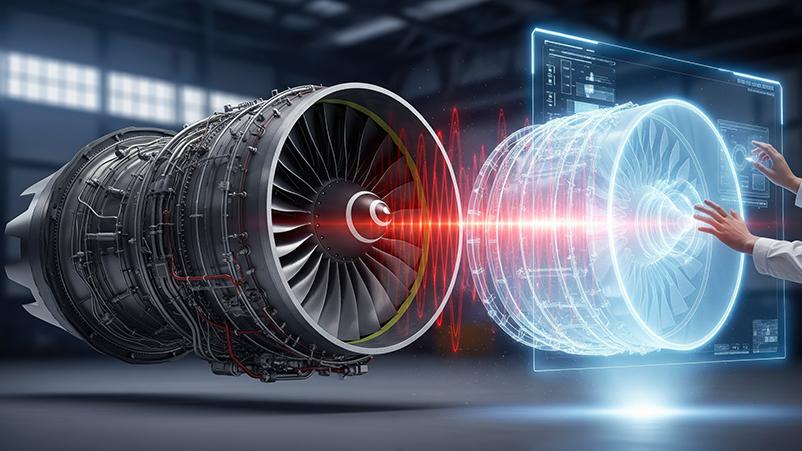
LinerFun will develop numerical approaches to reproduce the interaction between airflow and acoustic waves occurring inside aircraft engines. These approaches will help shorten the design time of new sound-absorbing liners for Ultra-High Bypass Ratio engines, which capture part of the sound and reduce perceived noise without compromising flight efficiency.
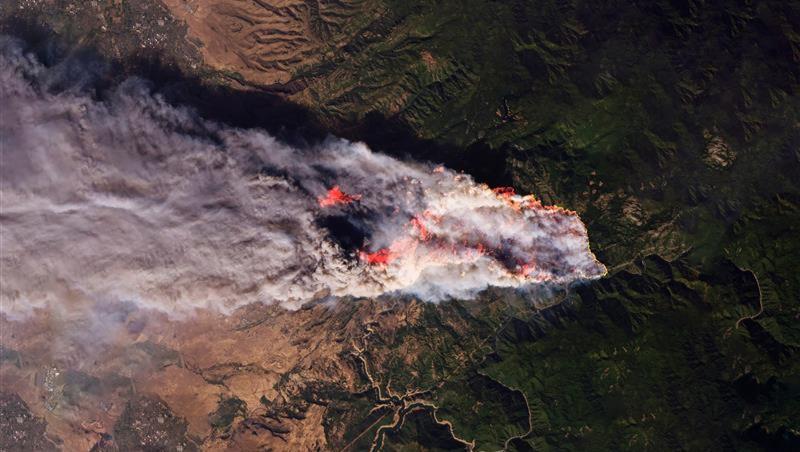
The RESILFIRE project aims to enhance infrastructure resilience in regions increasingly affected by wildfires, whose frequency continues to rise. It addresses the critical gaps in current approaches by integrating wildfire spread models, real infrastructure data, power and communication networks, and spatial analyses of social inequalities.
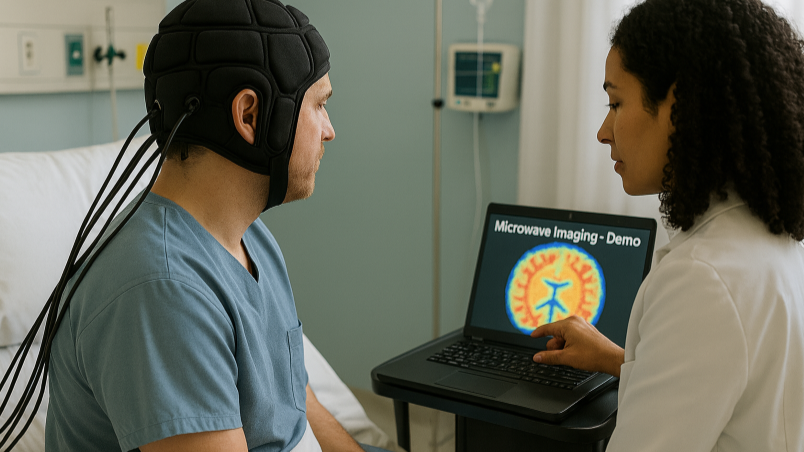
The I2I-StrokeCal project aims to revolutionise brain stroke diagnosis through the use of microwave imaging: a non-invasive, cost-effective, and portable technology. I2I-StrokeCal will develop an innovative AI-driven data calibration method that removes the need for patient-specific physical models, thereby speeding up diagnosis and clinical intervention.
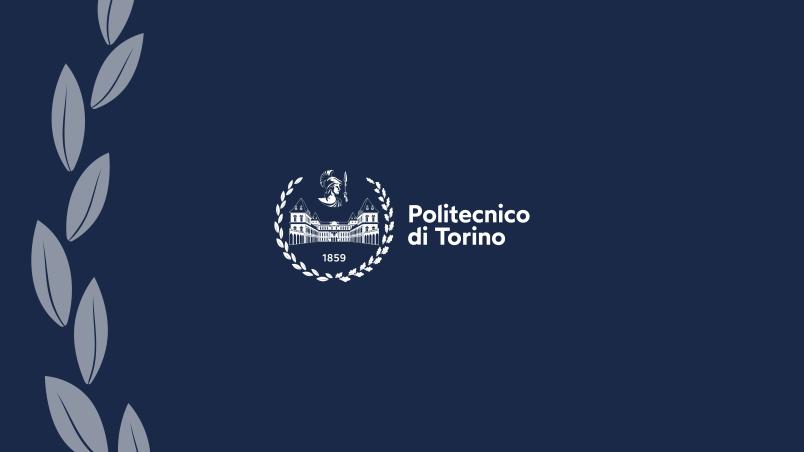
SHIELD works on the security and resilience of Europe’s hydrogen infrastructure. The research aims to develop innovative risk-assessment methods to protect networks and facilities from natural and human-made threats, thereby promoting a safe and sustainable approach to integrating hydrogen into the natural gas network.
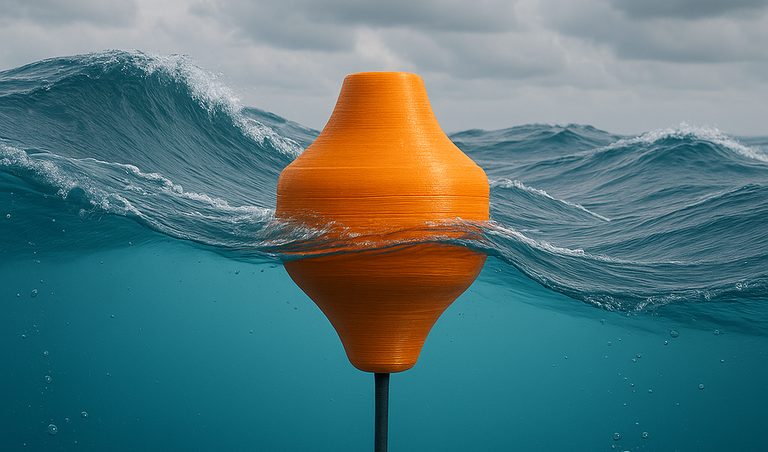
WEC-Pro designs more efficient and sustainable energy generation devices by using advanced modelling and optimisation tools. The project leverages Large Scale Additive Manufacturing (LSAM) technology, which will enable up to a tenfold reduction in the manufacturing costs of Wave Energy Converters (WECs).
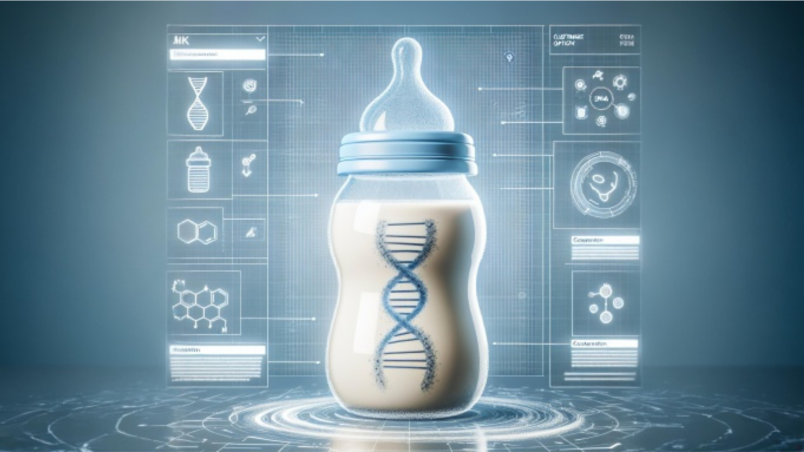
GALATEA aims to develop a digital twin of human milk for infant nutrition. The goal is to create a sophisticated simulation platform that enables the formulation of personalized nutrition plans for infants, particularly those born prematurely. The mobility component of the program facilitates knowledge exchange, with the creation of a strong research community.
Marie Curie Staff Exchange
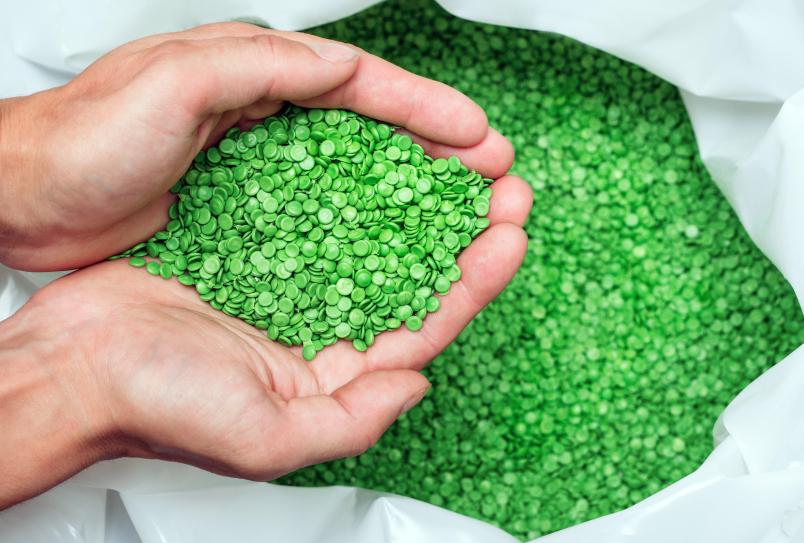
The SURE-Poly project aims to confront the growing problem of non-biodegradable waste accumulation in the environment. The goal is to develop recyclable thermoset polymers by combining biocompatible polymers and vitrimers, a type of plastic composites derived from thermoset materials. SURE-Polymer has brought together an international team of researchers with a variety of skills that enable a cross-cutting approach.

Modern high-throughput techniques nowadays probe biological systems at high resolution across multiple scales, generating information potentially useful for applications ranging from protein design to the reconstruction of contacts during epidemics. Extracting relevant information however poses daunting mathematical and computational challenges. The SIMBAD project aims at overcoming the limits of currently used inference algorithms and at developing new, improved ones.
Marie Curie Staff Exchange
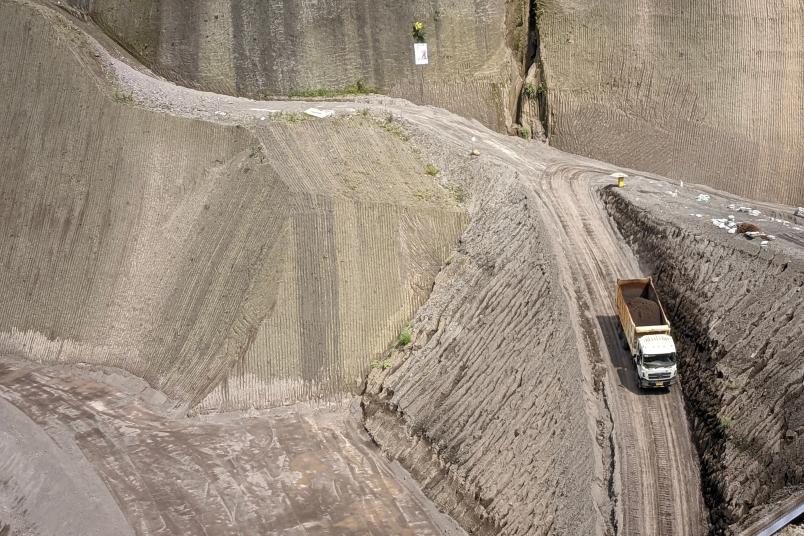
The characterization of tailing dams and waste dumps for the treatment and subsequent recovery of critical raw materials is an actual priority concerning Eu member States. This activity is both linked to the purpose of the remediation of old mining sites for a new employment of the area and the soil reuse and to actually developing mining activities. The CRITERIA project will be dedicated to the geophysical characterization of tailing dams in order to organize the subsequent excavation and treatment activities with a view to a circular economy and with attention to environmental aspects.
Marie Curie Doctoral Network
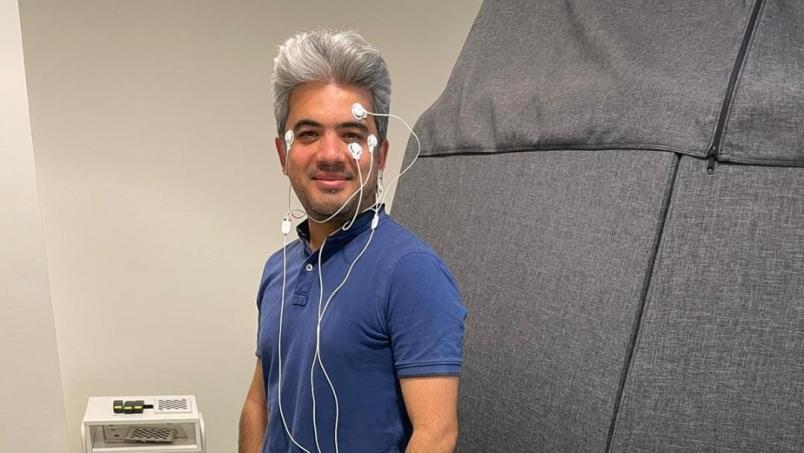
Using an innovative real-time multimodal interaction system, the project aims to improve the seamless transition from autonomous to manual control in conditionally automated vehicles. Adaptation is possible by exploiting biometric sensors to evaluate the driver's alertness, awareness and physiological state.
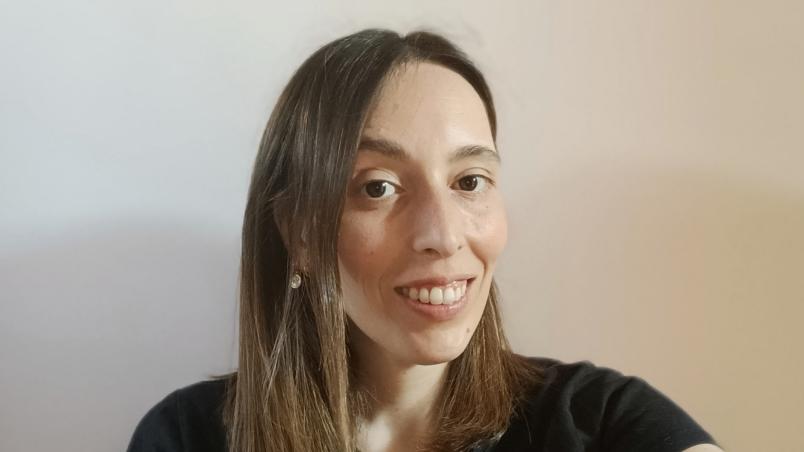
The project aims to develop an efficient “Smart Material” system to be implemented in reinforced concrete structures, to enhance their service life, on the way to sustainable development. A combination of capsule-based self-healing technologies and voltammetric sensor technologies, contributes to reducing the environmental impact of the construction sector.
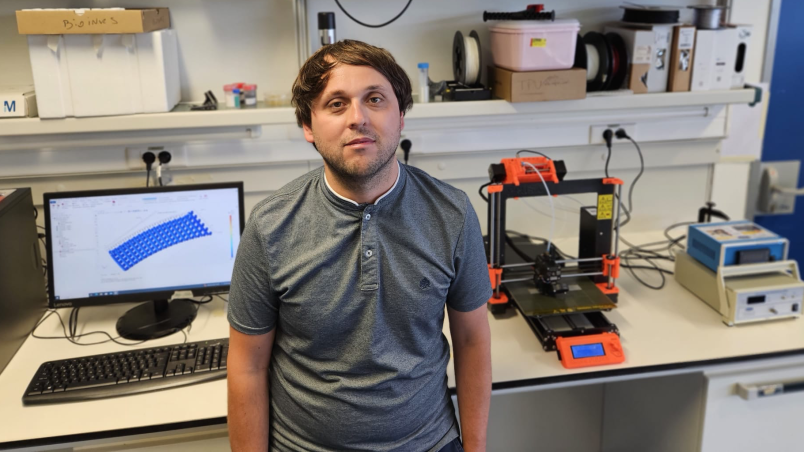
The project proposes the combination of advanced bioengineering approaches (biomaterials, bioreactors, in silico modelling and machine learning) to develop new effective therapies for the functional regeneration of osteochondral (OC) tissues upon injury or disease. The technological aim is the development of a smart bioreactor platform to culture engineered OC constructs under multi-physical stimulation, simulating different physiological or pathological conditions.
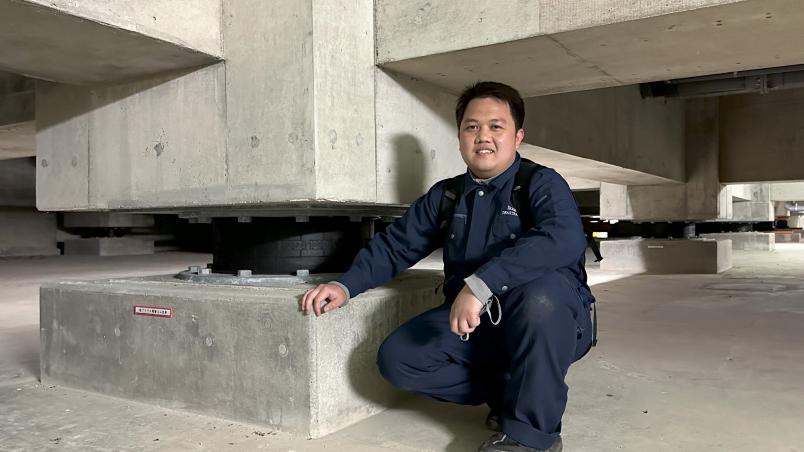
The project proposes the use of an inerter-based vibrating barrier (I-ViBA) for earthquake protection of a cluster of buildings structures. The I-ViBA, compared to current technologies, it is buried in the ground and can protect a group of closely spaced structures without being in direct contact with them. The project can be a solution to provide low-cost earthquake protection for existing buildings, mitigating the damages and losses caused by earthquakes.
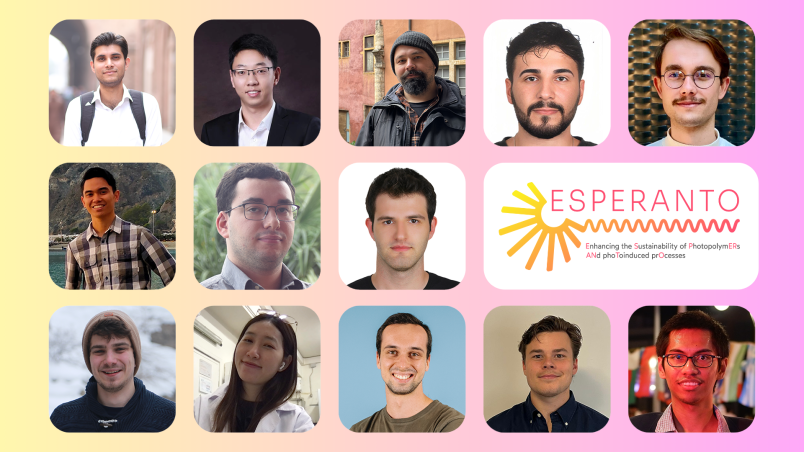
Enhancing the Sustainability of PhotopolymERs ANd phoToinduced prOcesses. The project will improve the sustainability of photopolymers. The project aims to improve the sustainability of photoinduced polymerization and promote the use of this technology in industry to replace less sustainable processes. The commitment to sustainability issues is also reflected by a curriculum that aims to train creative, entrepreneurial, innovative researchers with a strong awareness of environmental issues.
Marie Curie Doctoral Network
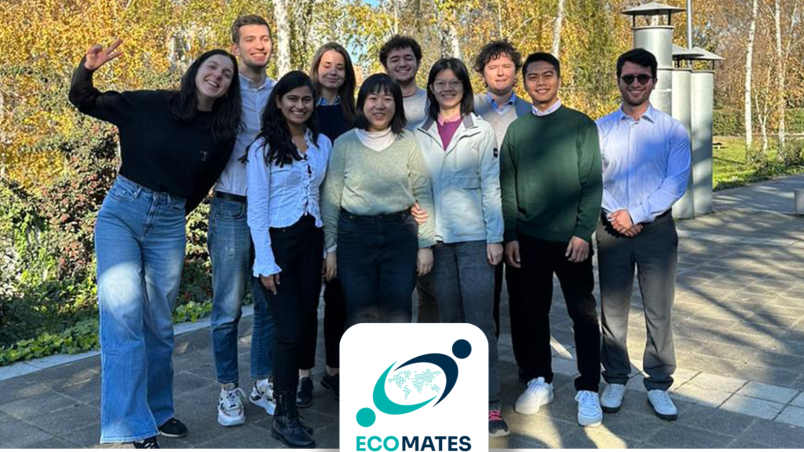
Electrochemical conversion of CO2 into added value products via highly selective bimetallic MATerials and innovative process dESign. The main goal of the project is to train a new generation of scientists who will bring innovation to the field of electrocatalysis, with a focus on the design of new nanomaterials and processes based on Cu/M bimetallic compounds with improved selectivity and efficiency toward the reduction of CO2 into value-added products (CO, HCOOH and C2H4).
Marie Curie Doctoral Network
Bio-based Hydrogels by Click Chemistry for Cartilage Tissue Engineering. The project aims to create bio-based hydrogels for cartilage tissue regeneration, thus avoiding problems of biocompatibility and toxicity. The ClickBioGel project will use a three-component material system; collagen, hyaluronic acid and K-carrageenan, to take advantage of their synergistic effects and the concept of "Click" chemistry, a strategy to connect molecules, even complex ones, in a simple and efficient way.
Marie Curie Fellow: Özlem İpek Kalaoğlu Altan
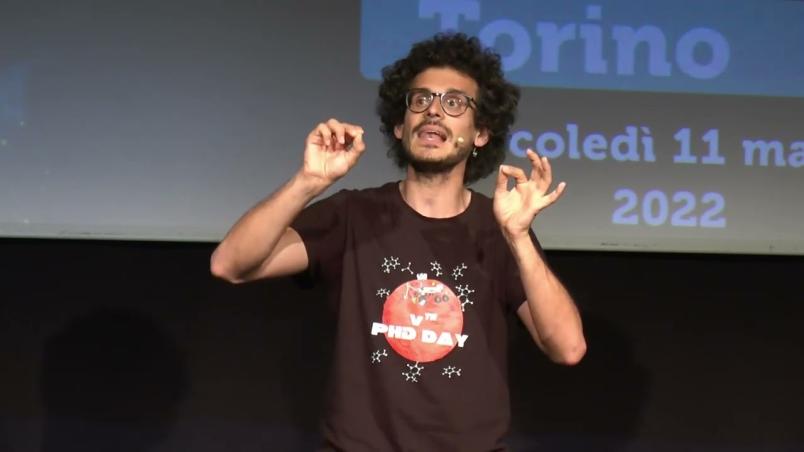
Surface Polarization, Evolution, and Reconstruction for CO2 Reduction. Electrochemical reduction of carbon dioxide allows CO2, water, and renewable energy to be converted into chemicals, helping to reduce atmospheric CO2 concentration and store surplus renewable energy. SuPERCO2 will produce high-performance and stable electrochemical cells to convert CO2 into ethanol, ethylene and other C3+ hydrocarbons.
Marie Curie Fellow: Federico Dattila
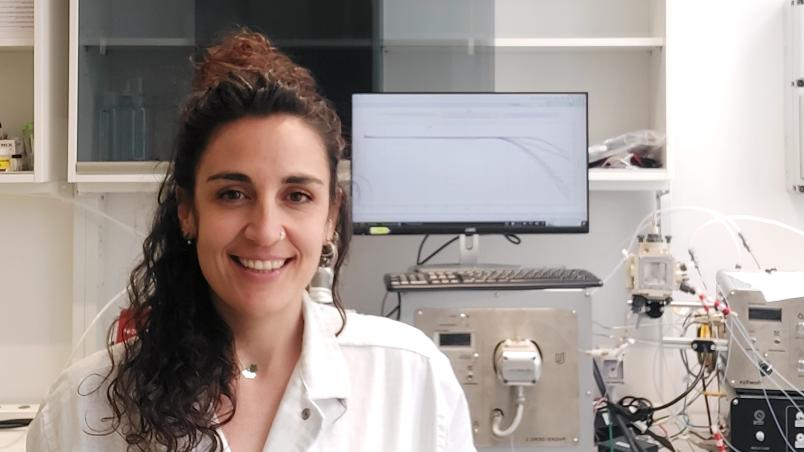
Electrolyte optimization for enhancing GREEN ammonia production from nitrogen ElectroReduction. Ammonia can be a renewable energy carrier if produced through green techniques, as well as medium for storing hydrogen.The project focuses on developing new electrolytes and optimizing E-NRR for green ammonia synthesis, furthering the transition to a carbon-neutral economy.
Marie Curie Fellow: Sara Garcia Ballesteros
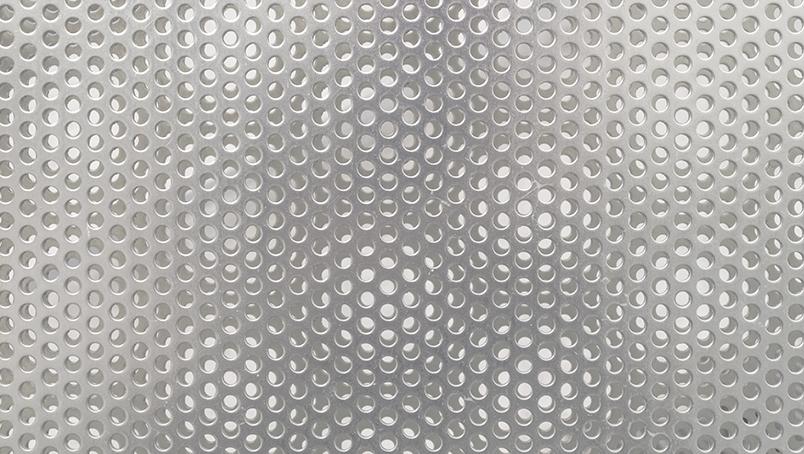
Twistronics studies how twisting two ultra-thin material layers affects their properties. Even a small twist can change their behavior, such as turning non-conductors into superconductors. The 2DTWIST project allow real-time control of these twists by adjusting Moiré geometry, the pattern created when layers overlap, developing precise, automated methods to study how these 'twisted' properties evolve over time.
Marie Curie Fellow: Andrea Camellini
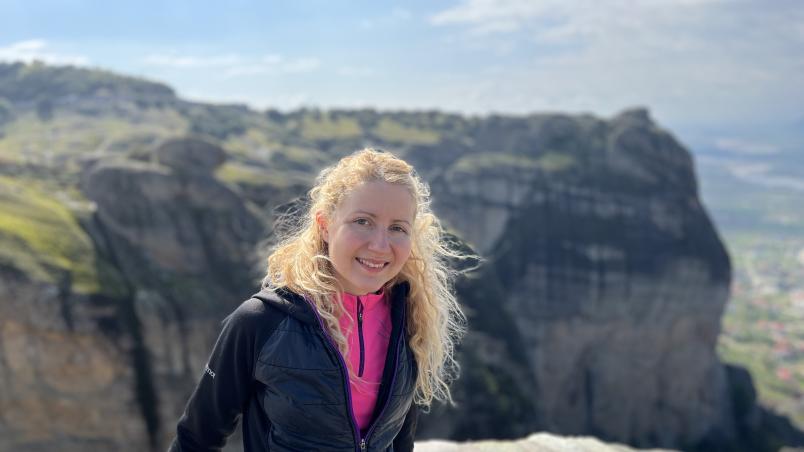
A Quantitative Risk Assessment for fragmental rockfall. The project aim is to improve the knowledge and predictability of rockfall hazard and its consequences in mountainous environments and open pit mines. It will develop a new physics-based method to simulate the propagation of rockfall taking into account the fragmentation of rock blocks and to quantify the damage in multiple contexts.
Marie Curie Fellow: Maddalena Marchelli

Environmental gentrification and emerging collectives in uncertain times. TAKEBACK is a socio-anthropological study of the intersections between adaptation policies, environmental gentrification and urban social movements. Through a comparative analysis of urban mobilisations in Canada and Italy, the project aims to expand understanding of the contribution of civil society and social movements to the challenge of building more fair, inclusive and sustainable cities.
Marie Curie Fellow: Daniela Giudici

3D printing fabrication of tailored interfaces for pressurized Protonic Ceramic Electrolysis Cells. 3D-printed realisation of customised interfaces for pressurised ceramic proton electrolysis cells (PCEC). The design of systems for hydrogen production by steam electrolysis is critical to increase the reliability of renewable energy sources. With the goal of reducing the use of fossil fuels on a global scale.
Marie Curie Fellow: Simone Anelli
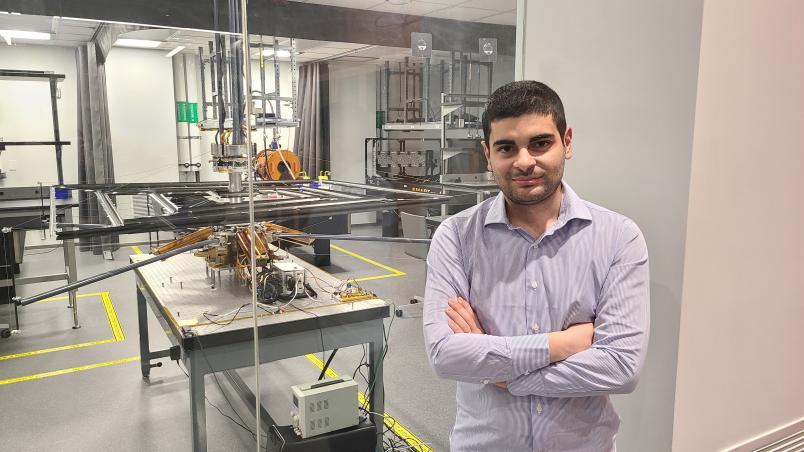
Deployable structures, such as antennas or telescopes, can change their geometry, shape and size. This ability to expand and contract is due to the mechanical properties of specific arms and membranes. The NOVITAS project aims to develop mathematical models to predict the stresses and failures of such structures, as well as the role of different materials in deployment success, especially in space applications.
Marie Curie Fellow: Riccardo Augello
